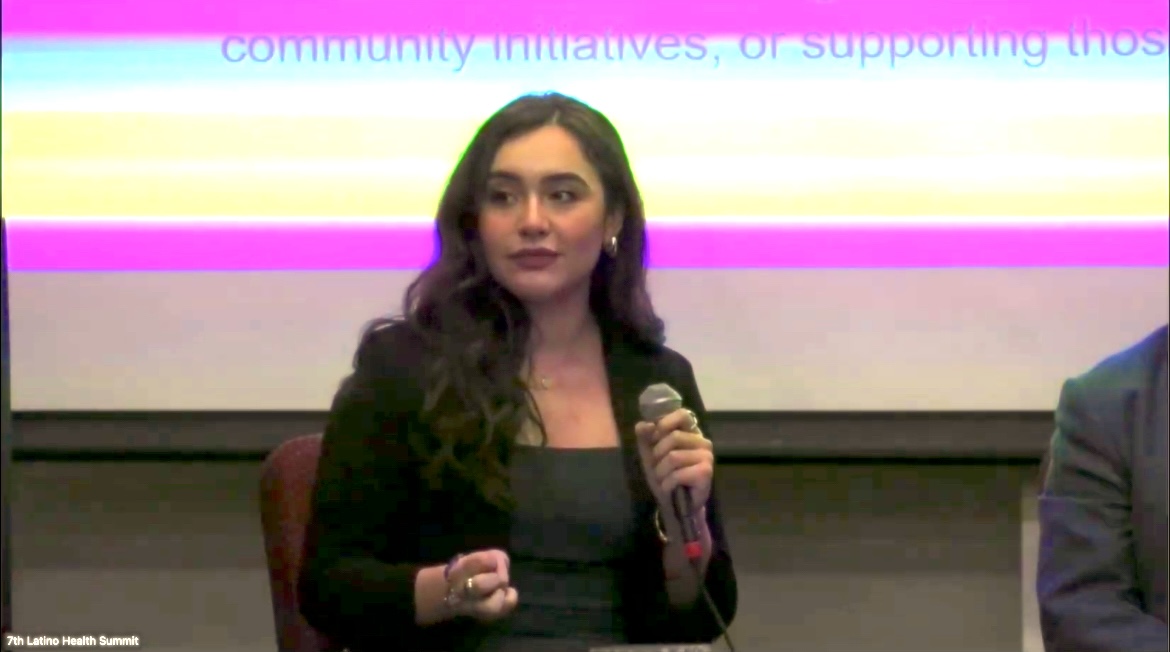For years, I brushed off certain habits and reactions as just part of who I am—a bit quirky, somewhat forgetful, and often running on a different wavelength than everyone else. It wasn’t until my journey into understanding ADHD that I realized these weren’t mere quirks; they were symptoms of living with undiagnosed ADHD. Let me share with you the everyday signs I mistook for personality traits, in hopes of shedding light on the nuanced ways ADHD can manifest in our lives.
- The Overwhelm of the Ordinary: Tasks like organizing my space or navigating the aisles of a grocery store left me inexplicably exhausted. I discovered this wasn’t just tiredness but sensory overload, a common experience for those with ADHD.
- The Challenge of the Non-Urgent: Unless a deadline loomed over me, focusing on any task felt Herculean. My phone became a constant companion, not out of desire but as a reflex to escape the need for sustained attention.
- The Label of Clumsiness: Misplacing keys, forgetting appointments, or tripping over my own feet—I labeled myself ‘clumsy’. In reality, these were signs of the attention and memory challenges that come with ADHD.
- The Misunderstood Laziness: On days when energy to tackle even simple tasks eluded me, I harshly judged myself as lazy. It was actually the mental fatigue from ADHD’s constant demands on my focus and self-regulation.
- The Eternal Struggle with Time: Being perpetually late, misjudging the time tasks would take, and living in a loop of procrastination highlighted my struggles with time management—a hallmark of ADHD.
- The Social Quirks: Oversharing in conversations, interrupting without intention, and experiencing intense emotional responses made social interactions a minefield. I learned these too were reflections of ADHD’s impact on emotional regulation and social cues.
Navigating Life with ADHD
Recognizing these symptoms in the tapestry of my daily life was a turning point. It led me to seek support and understand the unique ways ADHD manifests for me. Embracing this understanding has been crucial in managing my symptoms and improving my overall quality of life.
If you’re seeing reflections of your own experiences in what I’ve shared, know that understanding and support can make a world of difference. ADHD manifests differently for everyone, but recognizing the signs is the first step toward seeking help and finding strategies that work for you.
Together in Understanding and Growth
Navigating ADHD is a journey of constant learning and adaptation. If you suspect these symptoms resonate with you, reaching out for professional support is a vital step. Remember, understanding your unique expression of ADHD is key to effective management and enhancing your quality of life.
General ADHD Information and Support:
CHADD (Children and Adults with Attention-Deficit/Hyperactivity Disorder):
- Offers extensive resources for both individuals and families affected by ADHD, including a National Resource Center on ADHD, support groups, and up-to-date research findings.
- Website: www.chadd.org
ADDA (Attention Deficit Disorder Association):
- Focuses on the adult ADHD community, providing resources for adults with ADHD and professionals. ADDA offers webinars, virtual support groups, and articles on various aspects of living with ADHD.
- Website: www.add.org
Understood:
- Offers support for individuals with learning and attention issues. Understood provides practical advice, personalized resources, and a community for people with ADHD and their families.
- Website: www.understood.org
For Professional Help and Diagnosis:
Psychology Today Therapist Finder:
- A tool to find therapists, psychiatrists, therapy groups, and treatment facilities near you. It allows you to filter by issues, including ADHD, and insurance coverage.
- Website: www.psychologytoday.com/us/therapists/adhd
American Psychological Association (APA) Psychologist Locator:
- A resource to find psychologists in your area, with the option to search by specialty, including ADHD.
- Website: locator.apa.org
Educational Resources:
CDC ADHD Information:
- The Centers for Disease Control and Prevention (CDC) provides comprehensive information on ADHD, including facts, treatment options, and data on ADHD.
- Website: www.cdc.gov/ncbddd/adhd/index.html
National Institute of Mental Health (NIMH) ADHD Overview:
- Offers an overview of ADHD, including signs and symptoms, treatment options, and ongoing research on ADHD.
- Website: www.nimh.nih.gov/health/topics/attention-deficit-hyperactivity-disorder-adhd
For Community Support:
Reddit ADHD Community:
- A forum where individuals with ADHD can share experiences, strategies, and support. It’s a great place for real-life insights and advice.
- Website: www.reddit.com/r/ADHD/







